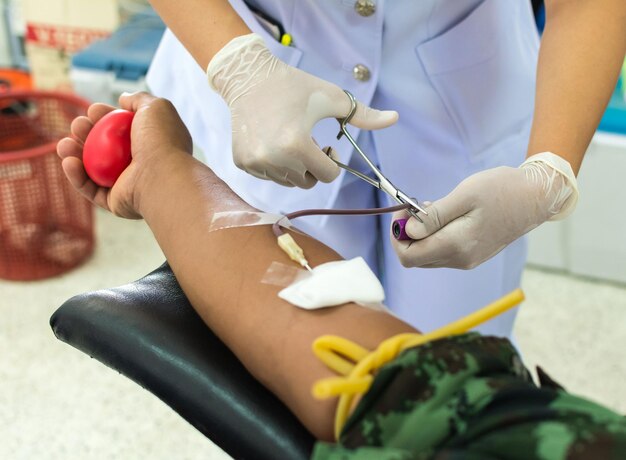How to Become a Wound Nurse: Essential Degrees and Certifications
Embarking on a career as a wound nurse requires dedication and a commitment to specialized education and training. Often, the journey begins with obtaining a bachelor's degree in nursing (BSN), which provides a solid foundation in clinical skills and healthcare knowledge. After acquiring a BSN and passing the NCLEX-RN exam to become a registered nurse (RN), the next step is gaining experience in the field of wound care, usually within a hospital or clinical setting. Many aspiring wound nurses continue their education by pursuing certifications like the Certified Wound Care Nurse (CWCN) or the Wound, Ostomy, and Continence Nursing Certification Board (WOCNCB) credentials. These certifications not only hone specialized skills but also demonstrate a commitment to excellence in wound management and patient care.
Advanced certifications and continued education are highly recommended to stay updated with the latest advancements in wound treatment and care. Each certification typically involves completing specific coursework and passing a rigorous exam, ensuring that wound nurses are equipped with the precise expertise needed to address complex wound care cases effectively. As healthcare continues to evolve, investing in additional training and education is vital for career advancement and providing the best care to patients.
Pathways to Becoming a Wound Nurse
- 📚 Bachelor's Degree in Nursing (BSN)
- 🎓 Registered Nurse (RN) License after passing NCLEX-RN
- 🏥 Experience in Wound Care Settings
- 📜 Certified Wound Care Nurse (CWCN) Certification
- 🩺 Wound, Ostomy, and Continence Nursing Certification Board (WOCNCB) Credentials
- 📈 Continued Education and Advanced Learning Opportunities
